DEMOCRATIC LAWMAKERS BACK ANTI-DISCRIMINATION LAWSUIT BY HIV-POSITIVE EMPLOYEE
By Lydia Wheeler – 06/29/16 11:33 AM EDT
At the center of Christiansen v. Omnicom Group Inc. is Matthew Christiansen, who alleges he was harassed by his supervisor at Omnicom’s subsidiary marketing communications firm DDB for being gay. He claims his supervisor accused him of having AIDS and drew graphic pictures on a company whiteboard to mock him and the gay community.
Despite Christiansen’s argument that Title VII should be expanded to protect people based on their sexual preferences, a federal judge in New York ruled in favor of Omnicom and dismissed the case in March, citing past rulings that held that Title VII does not proscribe discrimination because of sexual orientation.
The Second Circuit relied on the fact that Congress had rejected bills on numerous occasions that would have extended Title VII’s protections in setting that precedent.
In their brief, the lawmakers said Title VII’s sex discrimination provision already prohibits discrimination based on an individual’s sexual orientation and gender identity and urged the court to overrule “erroneous Second Circuit precedent” that says otherwise.
“To hold that sexual orientation does not fall under ‘sex’ in Title VII flies in the face of common sense, the understanding of more than 200 bipartisan members of the House and Senate who have cosponsored the Equality Act and the position taken by the Equal Employment Opportunity Commission and other federal circuits,” they wrote.
“Sexual orientation cannot be understood without reference to a person’s sex, so any instance of discrimination based on sexual orientation must be rooted in impermissible sex-based considerations.”
The American Civil Liberties Union (ACLU) called the lawmakers’ brief “powerful and persuasive.”
“The ACLU will continue to stand with these representatives and senators in working to get explicit LGBT nondiscrimination protections enacted into law,” James Esseks, director of the group’s Lesbian Gay Bisexual Transgender & HIV Project, said in a statement. “As that work continues, we must ensure that courts are correctly interpreting federal civil rights laws in a way that robustly protects the rights of LGBT people across the U.S.”
The Second Circuit has yet to schedule a date for oral arguments in the case.


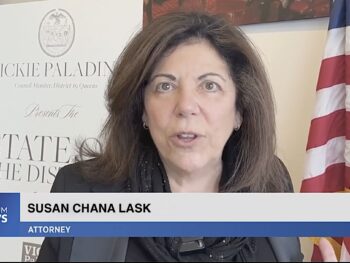
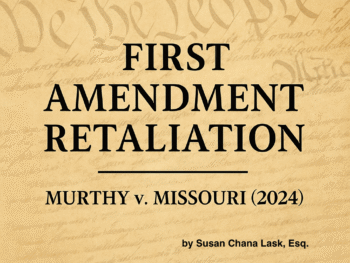
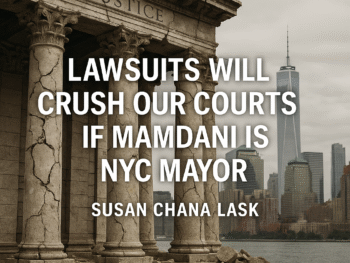
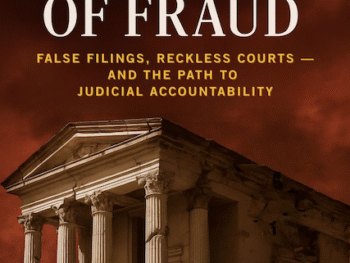
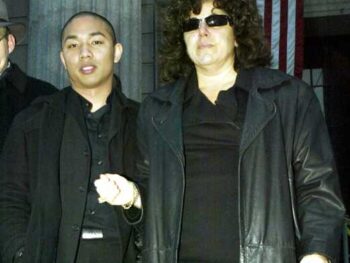




 THE HILL: 128 Congress Members Support Lask’s Sexual Discrimination Case
THE HILL: 128 Congress Members Support Lask’s Sexual Discrimination Case